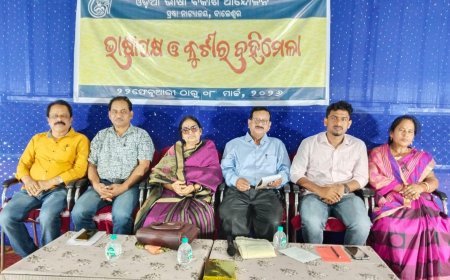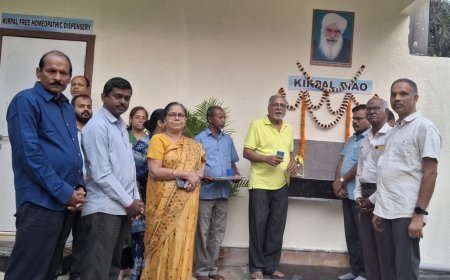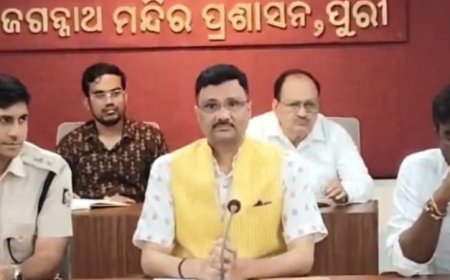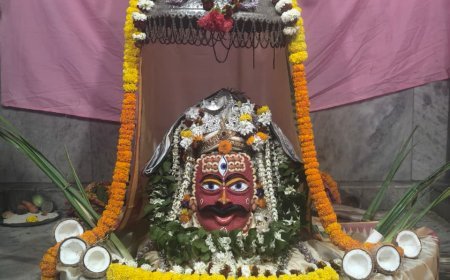Raksha Bandhan: A Festival Beyond Threads

By
Sanjay pattnayak
Raksha Bandhan, often celebrated with the tying of a simple thread, is more than just a ritual; it symbolizes the deep bond of love, protection, and duty between brothers and sisters. The essence of this festival lies in the promise of safeguarding one's sister, ensuring her well-being, and upholding her dignity. However, in today's society, the celebration of Raksha Bandhan raises a poignant question: Are we truly living up to the values this festival represents?
In India, the rising incidents of atrocities against women—rape, murder, sexual abuse—are alarming. These horrific acts happen in every corner of the country, challenging the very notion of safety and protection that Raksha Bandhan stands for. While brothers tie a rakhi and pledge to protect their sisters, the broader reality shows a society where women and girls are still vulnerable to the dangers posed by anti-social elements.
The festival of Raksha Bandhan should serve as a reminder that our duty does not end with the symbolic gesture of tying a thread. It must compel us to introspect and act against the injustices women face daily. The true celebration of Raksha Bandhan lies not just in rituals but in cultivating a culture of respect, safety, and equality for all women. Protecting every girl and woman, regardless of her relationship with us, should be our collective responsibility.
If we fail to understand and act on the essence of this festival, Raksha Bandhan risks becoming a hollow tradition. It is time we realize that the threads of protection must extend beyond our homes and into the very fabric of our society. Only then can we claim to honor the spirit of Raksha Bandhan truly.











































